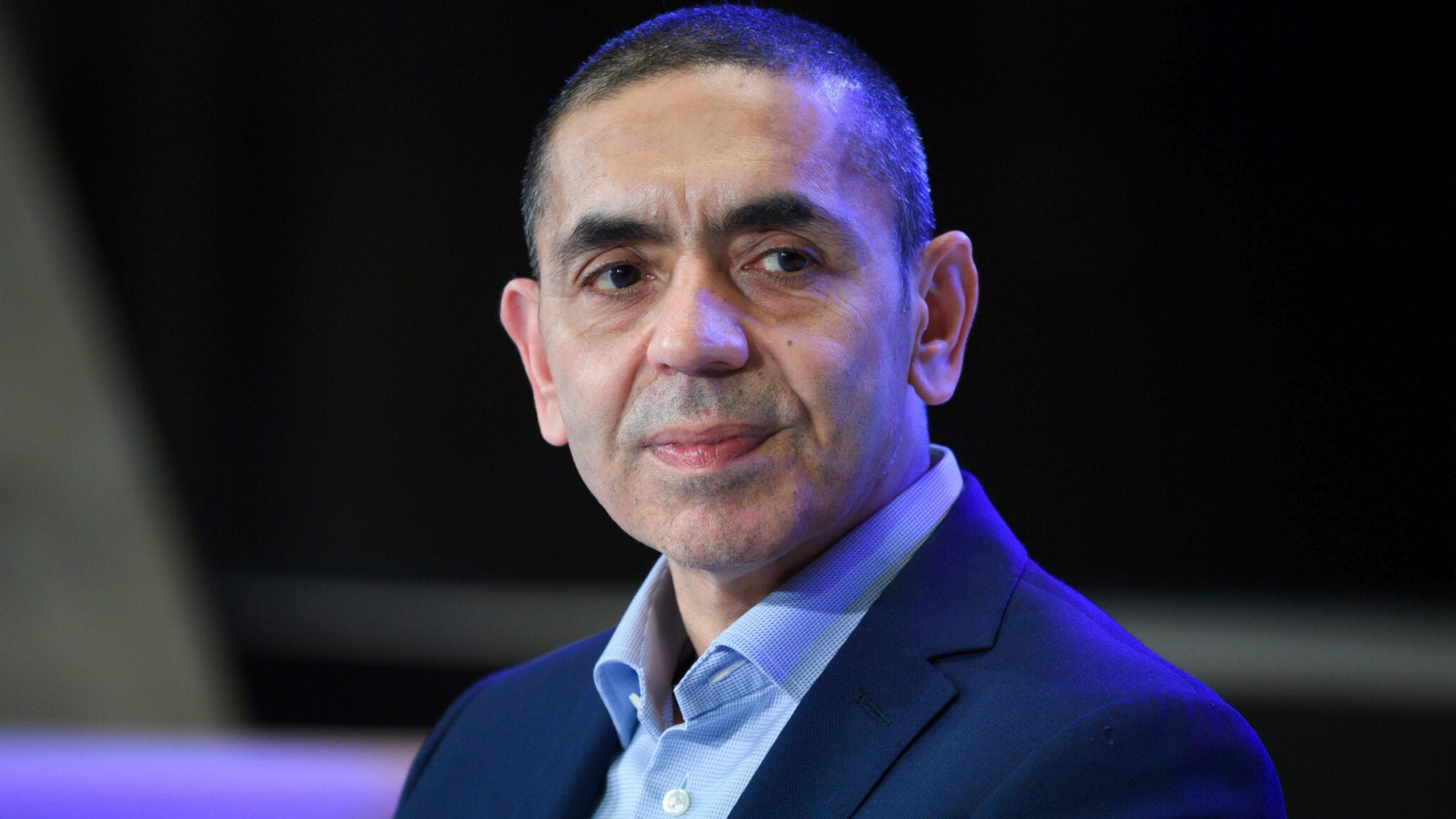
Covid-19 roundup: Ugur Sahin says new shots likely needed for Omicron; UK fully approves Vir/GlaxoSmithKline antibody
Despite Ugur Sahin’s calls for calm over the Omicron variant — making a much more measured appeal than Moderna CEO Stéphane Bancel — the BioNTech chief is already predicting the potential need for new Covid-19 vaccines.
In comments made at a conference hosted Friday morning by Reuters, Sahin said that even though vaccinated individuals would likely still be protected from severe disease, Omicron could see greater numbers of breakthrough infections than other variants. The mutations mean Covid shots will probably become necessary every year, similar to the flu.
Unlock this article instantly by becoming a free subscriber.
You’ll get access to free articles each month, plus you can customize what newsletters get delivered to your inbox each week, including breaking news.